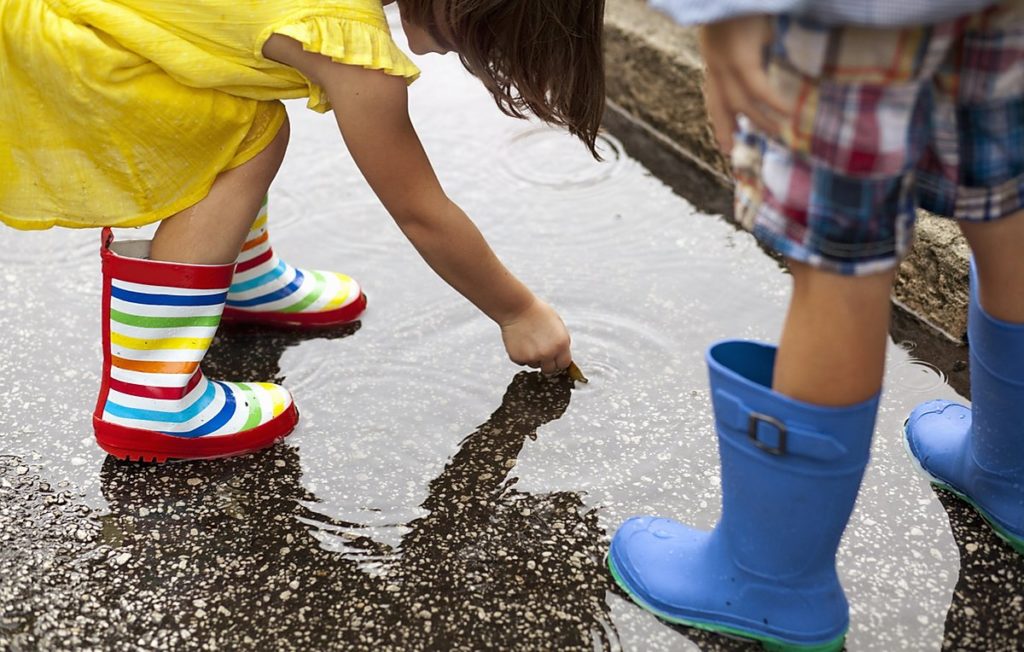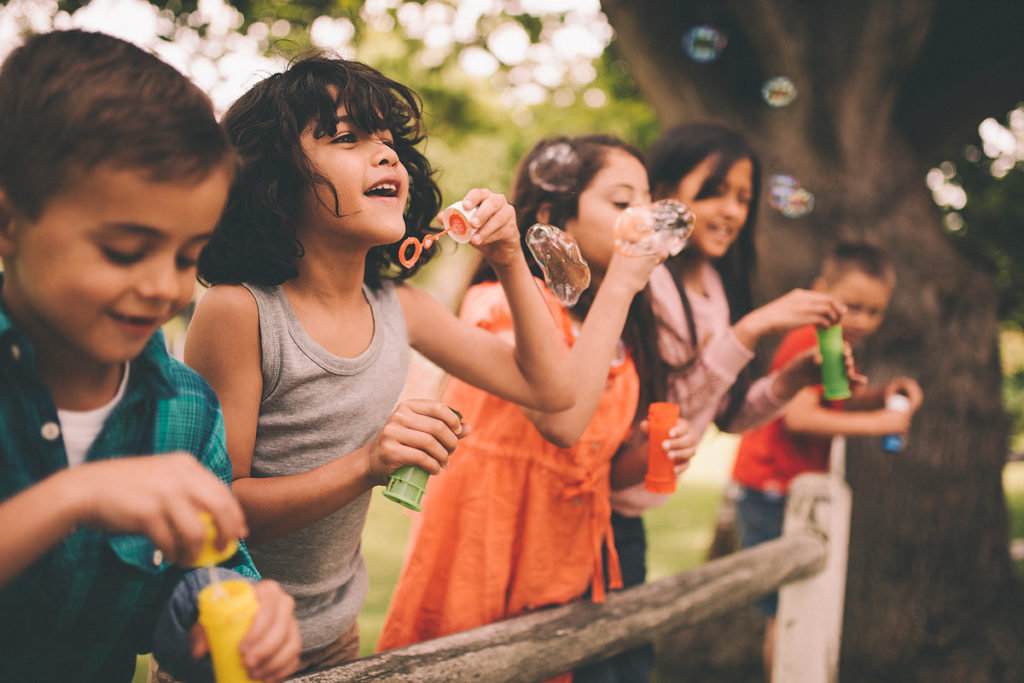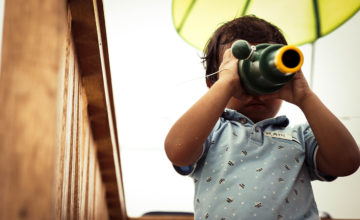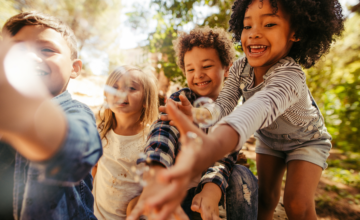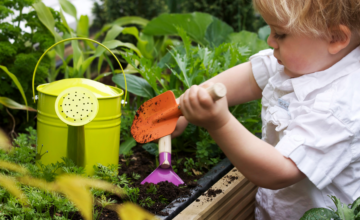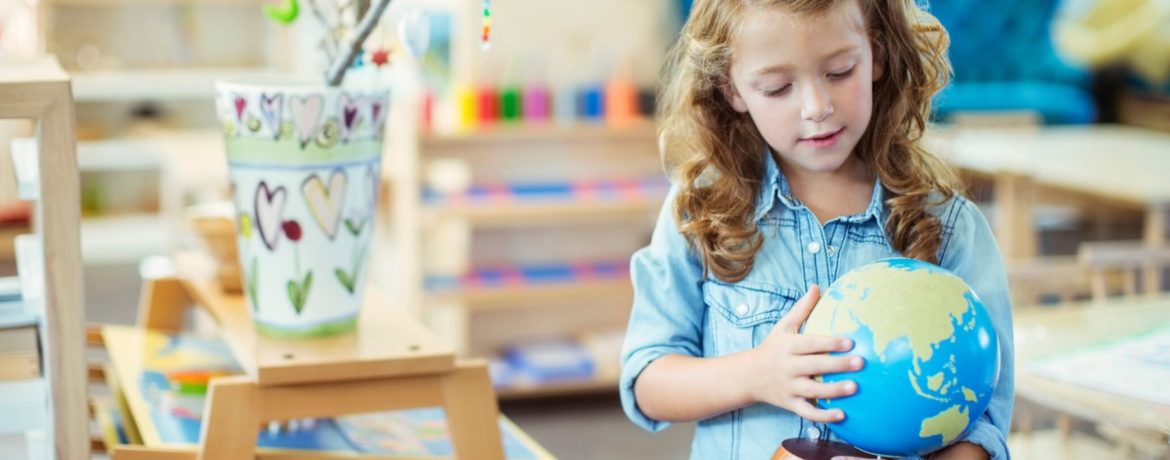
Age
4 by September 1st
Class size
20
Pre-Kindergarten Program
At Cobb, the Pre-Kindergarten curriculum is negotiated between teachers and children. The children bring their spontaneous, day-to-day discoveries, interests and inquiry. Their teachers bring their knowledge of child development and specific learning goals for the children; the curriculum plans EMERGE from both! The teachers harness the energy of the children’s natural curiosity by adopting the children’s ideas and planning activities based on them that incorporate as many learning goals as possible. This approach is a creative, rich process for both children and teachers. It has the added benefit of enhancing children’s self-esteem and self-confidence because they see themselves as the initiators!
Language and Literacy Development
- describe familiar people, places, things, and events with detail
- retell a familiar story with the beginning, middle, and end in order
- write his or her name as well as recognize letters as a method of communication
- use early writing as a way to describe experiences or feelings; document experiences and stories
Social and Emotional Development
- seek out interactions with a variety of adults, with both new and familiar people; show an interest in others
- routinely share, take turns, and interact with other children in a respectful and helpful manner while gaining independence
- recognize and accept similarities and differences among people; show an appreciation and understanding of diversity
- demonstrate an ability to resolve conflicts using words; critical thinking to avoid dangerous situations
Physical Development
- coordinate body movements to catch and throw a ball and move through obstacle courses, climb with confidence and build structures
- use scissors to cut shapes and writing utensils to trace letters and numbers with greater accuracy; begin documenting experiences thoughts through pictures and early letter formation
Cognitive Development
- create simple patterns and arrange objects according to size, color or shape; identify likeness and difference
- perform simple addition and subtraction using manipulatives and natural materials
- use knowledge and personal experiences to predict outcomes of scientific experiments; develop simple hypothesis’ and test their theories
- explore a variety of cultures by identifying ways people are alike and different; venture into the community and participate in service-learning and community collaborations
